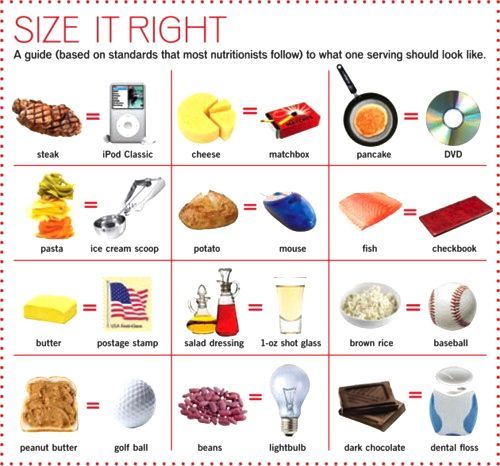Best Supplements for Women Health
As women, it’s essential to prioritize our health and well-being. One way to do this is by incorporating supplements into our daily routine. Supplements can help fill in any nutritional gaps in our diets and support overall health. In this article, we’ll discuss some of the best supplements for women’s health.
1. Multivitamins
A good quality multivitamin is a great foundation for any woman’s supplement routine. It can help ensure that you’re getting all the essential vitamins and minerals your body needs to function optimally. Look for a multivitamin specifically designed for women, as our nutritional needs can differ from men’s.
2. Omega-3 Fatty Acids
Omega-3 fatty acids are crucial for heart health, brain function, and reducing inflammation in the body. They can be found in fatty fish like salmon, but if you’re not getting enough through your diet, a fish oil supplement can be beneficial. Look for one that is high in EPA and DHA, the most important omega-3 fatty acids.
3. Vitamin D
Many women are deficient in vitamin D, especially those who live in areas with limited sunlight or spend a lot of time indoors. Vitamin D is essential for bone health, immune function, and mood regulation. Consider taking a vitamin D supplement, especially during the winter months when sunlight exposure is reduced.
4. Calcium
Women are at a higher risk for osteoporosis, a condition characterized by weak and brittle bones. Calcium is crucial for maintaining strong bones and preventing osteoporosis. Make sure you’re getting an adequate amount of calcium through your diet or consider taking a supplement if needed.
5. Probiotics
Gut health is incredibly important for overall health, and probiotics can help support a healthy gut microbiome. Probiotics are beneficial bacteria that can help improve digestion, boost the immune system, and even support mental health. Look for a high-quality probiotic supplement with a variety of strains.
6. Iron
Iron is essential for the production of red blood cells and preventing anemia, a condition characterized by low iron levels. Women are at a higher risk for iron deficiency due to menstruation and pregnancy. If you’re experiencing symptoms of iron deficiency, such as fatigue or weakness, consider taking an iron supplement.
7. Magnesium
Magnesium is involved in over 300 biochemical reactions in the body and plays a crucial role in nerve and muscle function, blood sugar regulation, and bone health. Many women are deficient in magnesium due to stress, poor diet, or certain medications. Consider taking a magnesium supplement to ensure you’re getting an adequate amount.
Conclusion
Women’s health supplements can help support overall health and well-being by filling in any nutritional gaps in your diet. Consider incorporating multivitamins, omega-3 fatty acids, vitamin D, calcium, probiotics, iron, and magnesium into your supplement routine to promote optimal health. Consult with a healthcare provider before starting any new supplement regimen to ensure it’s right for you.


